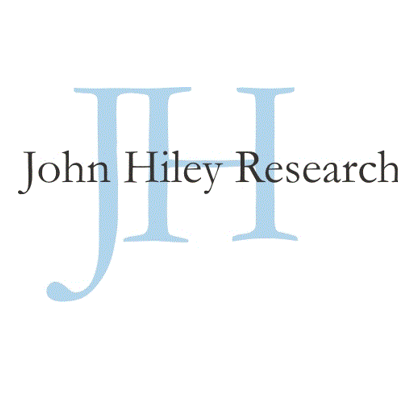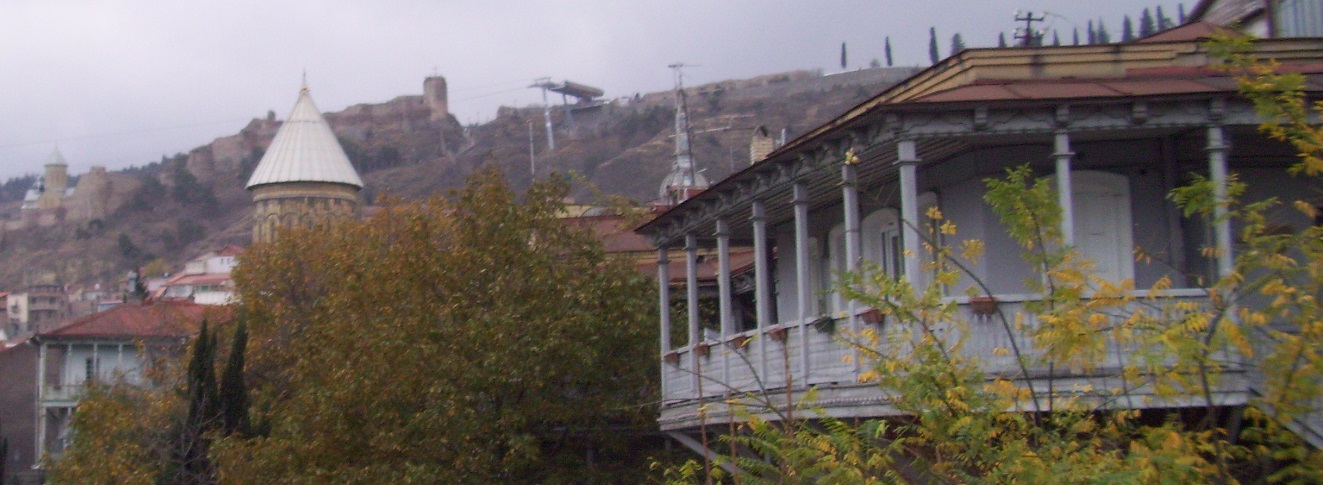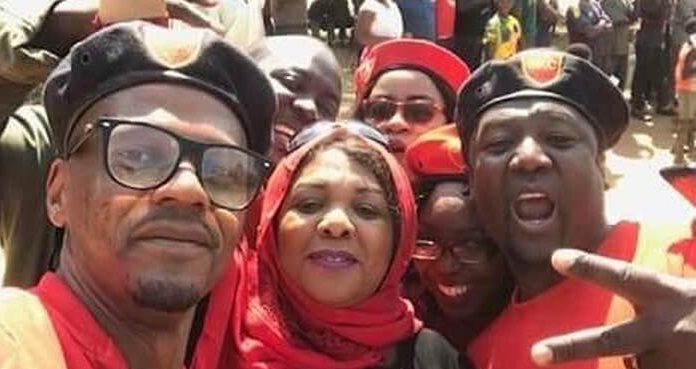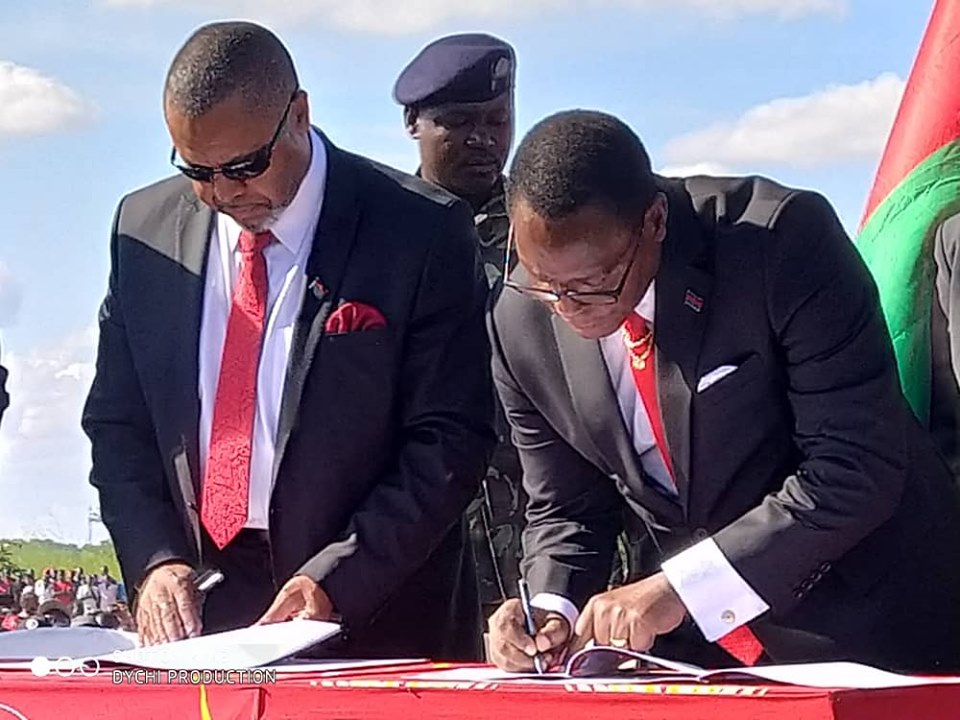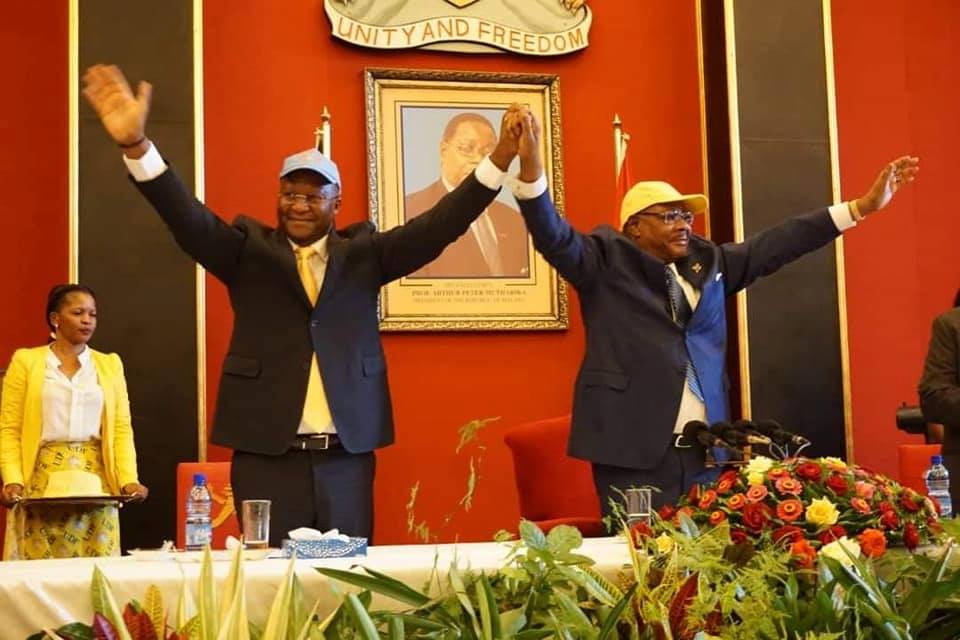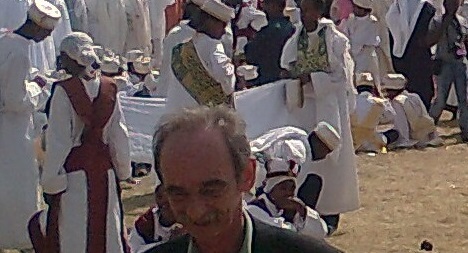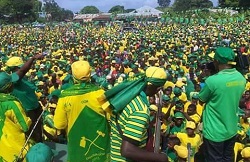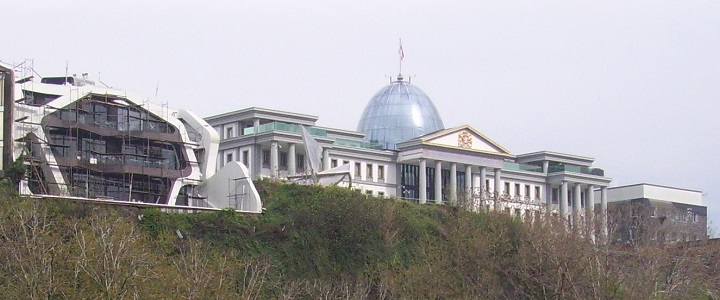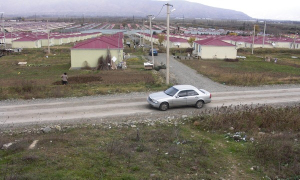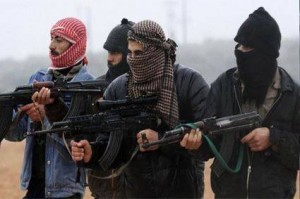While violence continues in Ukraine,
Georgia remains divided after similar separatist campaigns.
After
violence and ethnic cleansing, South Ossetia (1991/2) and Abkhazia (1992/3)
claim independence, are largely without international recognition and are
effectively under Russian control. Together they make up 18% of Georgian
territory.
These conflicts and a one sided war
between Russia and Georgia in 2008 have left up to 10% of Georgians displaced
from their homes.
Georgia has become a resolute friend
of the West and aspires to join NATO and the EU.
Georgia joined the war in Afghanistan
where it became the largest contingent relative to its population, and Iraq
where it became the third largest contributor of personnel in absolute terms.
There were no domestic protests against Georgia’s involvement in either
conflict.
An oil pipeline passes through
Georgia carrying oil to Europe and its strategic location in the Caucasus makes
Georgia an important ally.
But unemployment is high and the
economy weak. Georgians view the conflict in Ukraine with concern and hope for
support from their Western allies. There are also concerns that Georgian
society, though relatively stable, might be vulnerable to manipulation by
outside forces, particularly Russia.
The blueprint for the setting up of
ethnically based enclaves on former Soviet territory was the conflict in the
Nogorno-Karabakh region of Azerbaijan from 1988. The Armenian majority of the
region established a de-facto state with support from Russia and Iran as well
as Armenia itself.
Armenia and Azerbaijan are still
technically at war, and Georgia has minorities of both peoples. Not
surprisingly, after the brutality of the Nogorno-Karabakh conflict, they
dislike each other. About 45% of the people of the Kvemo Kartli region of
Georgia are Azeris, while in the Samtskhe-Javakheti region, a majority are
Armenian.
Infrastructure links through the
mountains to the Samtskhe-Javakheti area have been poor and the Armenian
minority have tended to identify more with Yerevan than Tbilisi. Most do not
speak Georgian and rely on Russian and (pro Russian) Armenian TV and radio.
Their inability to speak Georgian has also led to the Armenian community being
under represented in the political system and public services.
Attempts are now being made to
improve communications with the capital and to encourage Armenian farmers to
trade their goods in Tbilisi rather than Yerevan, with NGO’s being particularly
active. It is hoped that this will result in more Armenians learning to speak
Georgian and less resentment towards Georgia.
Armenia borders Azerbaijan (with
which it is officially still at war), Turkey (with whom it has no diplomatic
relations, a result of the genocide against it during World War 1), Iran (with
whom it has close relations) and Georgia. Georgia provides an overland route
for trade with Russia, Armenia’s closest ally, meaning that Armenia has no
stomach for stirring up or supporting a separatist revolt in Georgia. Russia
has implemented punitive sanctions against Georgia from time to time, but there
is a feeling that it has been restrained in this by not wanting to harm
Armenian trade via Georgia.
This means that there is little
likelihood of conflict erupting in the Samtskhe-Javakheti region in the near
future, which will allow Georgia time to embrace its Armenian minority.
Although the Armenian areas do not
have any special status, the Adjara area on the Black Sea coast bordering
Turkey does. The population there is Georgian, speaking a local dialect of the
language, their autonomy having been established in Soviet times. Almost half
are Muslim.
There has been some conflict between
Adjara and Tbilisi, the most recent being protests in 2004, when a more serious
confrontation was avoided. In common with other divisions, the status of the
area arose from Soviet administrative arrangements. Other Georgian sub groups
exist, but without the same status..
Although almost 85% of the population
of Georgia are Georgians, and take great pride in the history and heritage of
their country, there are sub groups within the population. Georgia is a
mountainous country and much of the country remote. Transportation between the
regions has historically been difficult.
As in many other former communist
countries, people tend to remain in the area of their birth or migrate to the
capital, it being rare for people to relocate between provincial areas.
Many who live in Tbilisi maintain
close links with their village of origin and will if possible maintain houses
there. Holidays tend to be spent in the family village, so many Georgians have
not travelled widely within their own country, despite its many tourist
attractions.
This has resulted in local dialects
and sub cultures remaining. In many cases the origin of Georgians can be
determined by their facial features. There are many divisions that could be
exploited by a powerful neighbour like Russia which feels threatened by
Georgian ambitions to join NATO and the EU, especially given the weakness of
the Georgian economy.
Once a powerhouse of the Soviet
economy, Georgia is now in a state of financial crisis. The United National
Movement, swept from power in 2010, is making a concerted bid for power in next
years elections (which could be brought forward) through a strategy of protests
against the ruling Georgian Dream coalition, which could have a destabilising
effect.
Russia may also see an opportunity
here. Already well funded groups are advocating Georgian membership of the
Eurasian Union, a Russian led counter to the EU. Many Orthodox church leaders
are advocating closer ties with Orthodox Russia, including some who advocate
the sort of homophobic stance of Putin. There will be pro Russia candidates in
the next election, and it seems certain that some will be elected.
Ironically Western measures against
Russia have been a major cause of a financial crisis in Georgia.
Clearly assisting the Georgian
economy offers good value to the West if the alternative could be Georgia
slipping into the Russian sphere of influence. Another positive move would be
the easing of visa restrictions by European countries. Currently the Schengen
countries undertake to process visa applications within 10 working days.
However this is triggered by an interview and the current waiting time for that
is four weeks, so the agreement does little to create goodwill. Visa free
entry to the Schengen countries is under discussion.
I would expect Georgia to remain a
good friend of the West. But to maintain that friendship it may need a little
help from its friends.
